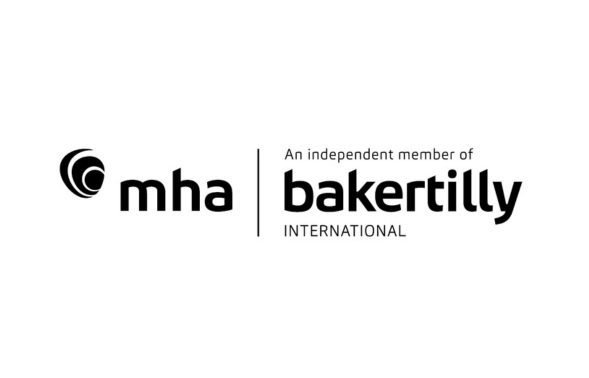Are you aware of all the potential costs incurred through your IT operation? In these tough economic times, we all need to be conscious of ways to reduce expenditure and protect our businesses. Here, Andrew Hookway, Managing Director of Extech Cloud, explains how to reduce 'hidden' IT costs, and remove some altogether.
Eliminate server hardware and management costs
If your business has successfully implemented remote or hybrid working, this proves your team doesn't need to be in the same room as your server. So, why waste capital investment on an 'on-prem' server? They can be expensive, and usually require updating every few years. Moving your IT systems and file storage into the Cloud, eliminates the investment in on-prem servers completely, and removes the unavoidable management time and upfront costs - as well as any hidden surprises.
Break the IT CAPEX cycle
Capital expenditure (CAPEX) budgets are often cut first in difficult economic times, and Cloud computing provides an OPEX (operational expenditure) advantage. Unlike large CAPEX costs for server upgrades that can sneak up on you, a monthly IT service model typically offers tax and budgeting advantages, improving cashflow. IT becomes a manageable, operational, monthly cost - a utility much like your electricity or water.
Stop overspending on tech
When investing in devices for your staff, consider what functionality they require to carry out their work effectively and efficiently. Not everybody requires the latest machine. Most people can perform their day-to-day tasks, and much more, using Office 365, therefore requiring only a basic, economical machine to work on. All functionality, and data storage, are taken care of in the Cloud.
Only pay for what you use
Many businesses go through periods of change during uncertain times. Some IT contracts tie organisations into paying a set fee for a year or longer. This can lead to over- (or under-) utilised IT assets.
Migration to the Cloud (or, digital transformation), gives your business IT infrastructure the flexibility to easily accommodate changes, from month to month. Your monthly payments depend on the number of users, so if your workforce reduces, you won't pay over the odds, and you can scale as much as you like. Microsoft Azure has flexible pay-for-what-you-use pricing options.
Minimise the risk of human error
While Cloud storage and file sharing solutions make hybrid working easier to facilitate, employees working from home does add an element of risk. Simple errors such as sending an email to the wrong person, or falling for a convincing phishing attack, can severely impact your operation. Resulting cyberthreats could be very costly for your business, in terms of ransomware payments, downtime, or reputational damage. However, with training and awareness your employees can act as a line of defence against cyberthreats for your company.
Invest in a backup plan
Should your business fall victim to a cyberattack, or natural disaster, a disaster recovery plan and offsite backups are essential. Both can be facilitated by Cloud infrastructure. For businesses in regulated industry sectors, specific data prevention policies available in the Cloud can also help with data compliance and information security.
Whatever your industry, a comprehensive cybersecurity and cloud backup solution is a necessary and worthwhile business investment. Contact Burgess Hill-based Extech Cloud to learn about optimising your IT operation in the Cloud and reducing your business costs. www.extechcloud.com.



















